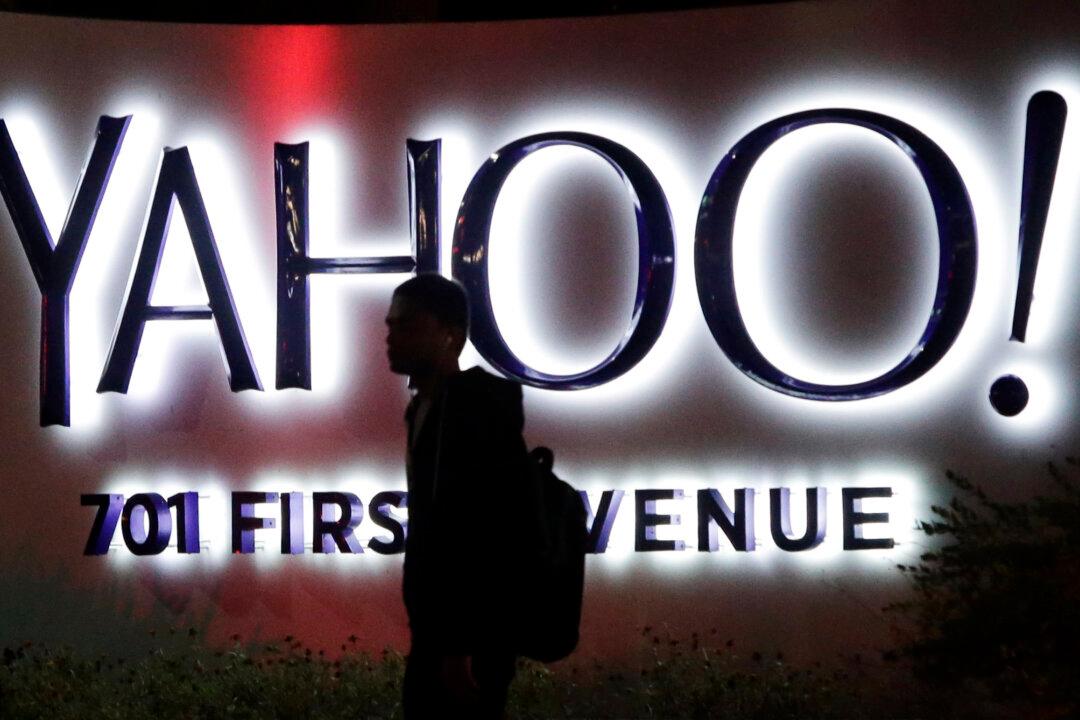Yahoo’s move to pull out of China and close an office with only 300 people doesn’t sound like a big deal. However, it proves the company is determined to follow its current strategy. It also highlights the trouble Western companies have to go through in China.
According to Wall Street Journal information, Yahoo is shutting down its research center in Beijing and will lay off between 200 and 300 employees. The move wraps up its Chinese adventure, which on the one hand has been widely successful and on the other hand a dismal failure.
Yes, Yahoo proved to be an astute investor by buying 40 percent of Alibaba for $1 billion in 2005 and realizing windfall profits later on. The 15 percent stake it still owns now is valued at $32 billion. On the other hand, the 2005 deal also meant Yahoo’s China operations were taken over by Alibaba.





